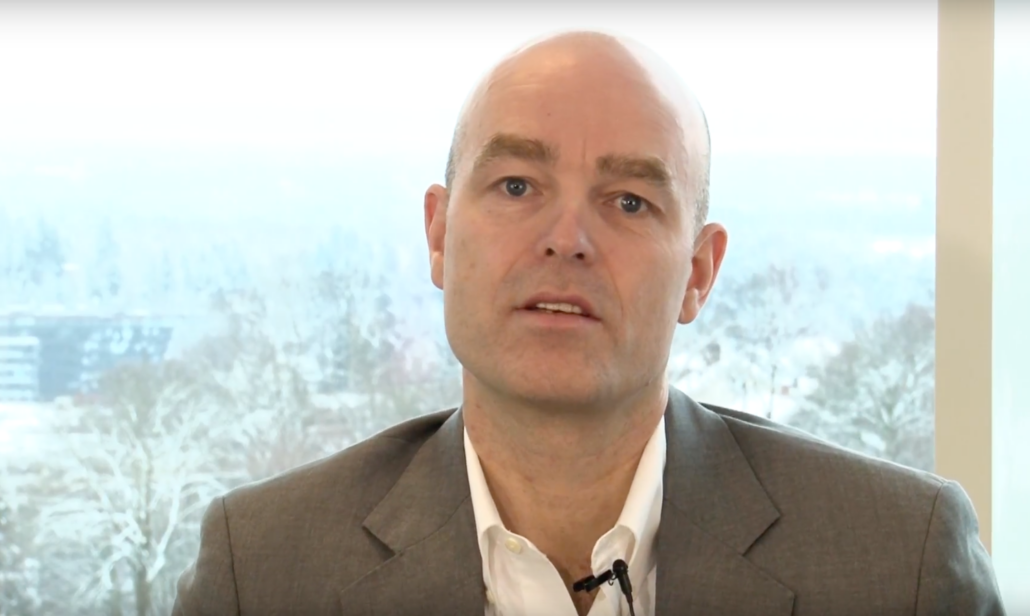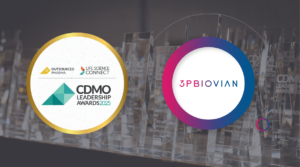
Targovax refocussing clinical pipeline post-ASCO
Despite a 6-month improvement of 2-year-overall survival in pancreatic cancer patients, Norwegian cancer immunotherapy specialist Targovax ASA will terminate development of TG01 in this indication. Instead, development of RAS neoantigen-targeting cancer vaccines will be pushed in colorectal cancer.
The update to its clinical development strategy came after data presented at the American Society of Clinical Oncology (ASCO) annual meeting (June 1-5) indicated that Folfirinox chemotherapy improved median OS up to 2 years compared to the current standard of care (gemcitabine and capecitabine) in patients with resected pancreas cancer. The company said that the the new Folfirinox median survival benchmark of close to 5 years means that a combination trial is not practically feasible for Targovax. The company thus will refocus development of its RAS neoantigen-targeting cancer vaccines on its Phase I colorectal cancer candidate TG02, which is being tested in combination with Merck & Co’s checkpoint blocker pembrolizumab. Read-out from the trial is expected in 2019. TG02 is an injectable peptide-based immunotherapy designed to treat patients with mutant RAS solid tumors. This trial is expected to read out in 2019.
Targovax added it will prioritize and strengthen its ongoing clinical ONCOS programme, an oncolytic virus platform designed to make cold tumours visible for the immune system. A combo of Merck & CO’s (MSD’s) checkpoint inhibitor pembrolizumab and Targovax ONCOS-102 candidate has already shown the potential of this approach.
The resources freed up by the TG01 termination will be allocated to speed up ONCOS development. In particular, Targovax is currently looking into options to expand the ongoing Phase II trial in mesothelioma, the target launch indication for ONCOS-102. Oncos-102 is also developed in Phase I in melanoma.
Øystein Soug, CEO of Targovax said: It is fortunate for us that the emerging Folfirinox data in resected pancreatic cancer was presented at ASCO already this year, as it gave us the opportunity to reassess our trial design before committing to an inadequate combination treatment. We are confident that our TG vaccine has potential to benefit patients with mutant RAS cancers, and will now reassess the TG development plan. ONCOS continues to be our lead program, and we will further sharpen our focus to drive ONCOS-102 forward with full force, and remain in the forefront of oncolytic virus development


 BRAIN Biotech AG
BRAIN Biotech AG
 Microsynth AG
Microsynth AG